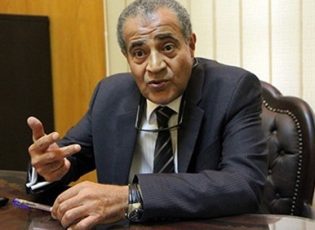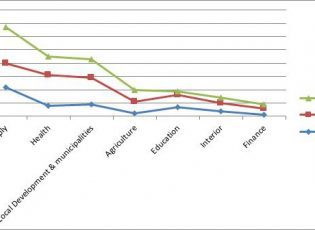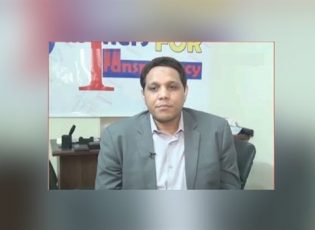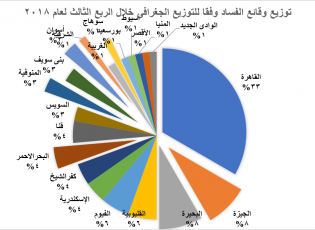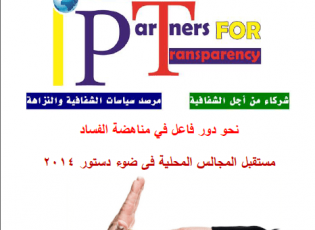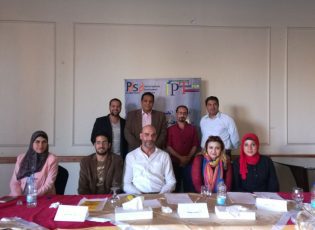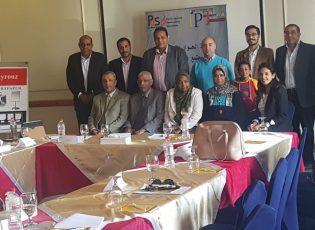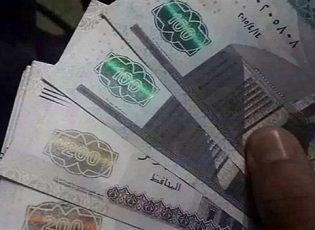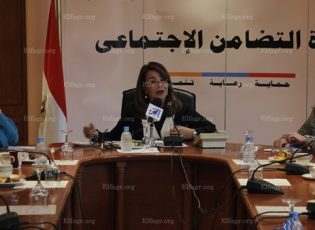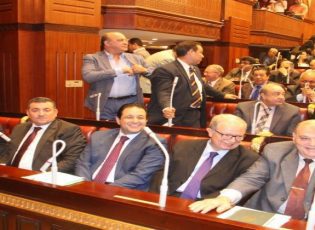Dr. Walaa Gad, director of the Partners for Transparency Foundation, said that he launched a campaign to monitor the funding and advertising spending of candidates during the upcoming parliamentary elections, and that the campaign is the first of its kind in Egypt. He explained to Al-Watan that the Supreme Committee for Parliamentary Elections does not have a mechanism to monitor the propaganda spending of candidates and political forces, despite the election law articles that prohibit candidates from receiving donations from certain parties, and set a maximum limit for propaganda spending .. And to the text of the dialogue:
■ What are the new mechanisms to monitor the upcoming parliamentary elections?
- There is an initiative to monitor the funding and advertising spending of candidates in a number of electoral districts under the slogan "Our Voices in exchange for your money". It is considered the first of its kind in Egypt. We also seek to achieve the integrity of the upcoming House of Representatives elections by opposing the phenomenon of using money to influence the will of the voters. To develop effective tools that can be used later to enhance the role of civil society organizations in monitoring electoral funding and spending, and to ensure that candidates and parties adhere to the governing legal frameworks.
Chairman of Partners for Transparency: Al-Olaya does not have a mechanism to monitor spending
■ What are the election campaign controls approved by the Supreme Elections Committee?
- The Parliamentary Elections Law prohibits candidates from receiving financial donations from certain parties. It also established a maximum limit for publicity spending. However, the Supreme Elections Council does not have a mechanism for financial monitoring of candidates and parties.
Do you have the ability to monitor all candidates in all electoral districts in the governorates?
- The initiative monitors advertising spending in 5 governorates only, namely Cairo, Fayoum, Alexandria, Dakahlia and Port Said, through 20 volunteers, including an observer and a financial analyst, in addition to 40 field monitors to collect information. The governorates and departments within each governorate have been selected to give a good indication of the nature of funding and financial spending in the elections, as well as to facilitate the process of disseminating the results, recommendations and tools that the initiative will adopt.
■ Do you expect the upcoming parliamentary elections to be transparent?
- It is not expected that the Egyptian electoral system will move overnight from the stage of "lack of transparency" to absolute transparency, especially with regard to the sources of funding, the ceiling and the items of advertising spending. A gradual move towards absolute transparency in the elections, with the next parliament being the first step.
■ How can candidates be obligated to publish detailed data on the sources of advertising financing?
- There is a need to oblige candidates to publish detailed data on the sources of funding for their election campaigns in the local media, or to enable them to publish it on the website of the Supreme Elections Commission, provided that this is done before the polling date with a sufficient period of time, and we also need to publish an approved final report that includes all the supporting documents. Required after a suitable time has passed from the end of the electoral process, in addition to extending the mandate of the Central Auditing Organization to include the right to monitor sources of funding and the spending items of candidates for membership in Parliament.
■ What about international monitoring of elections?
- There are a number of international organizations participating in monitoring the upcoming parliamentary elections, foremost of which is the Common Market for Eastern and Southern Africa, "COMESA", which includes 19 member states, and has already begun to finish the procedures in cooperation with the Egyptian Ministry of Foreign Affairs and the Supreme Committee for Elections in preparation for carrying out follow-up work.
Short link: https://pfort.org/en/?p=227


